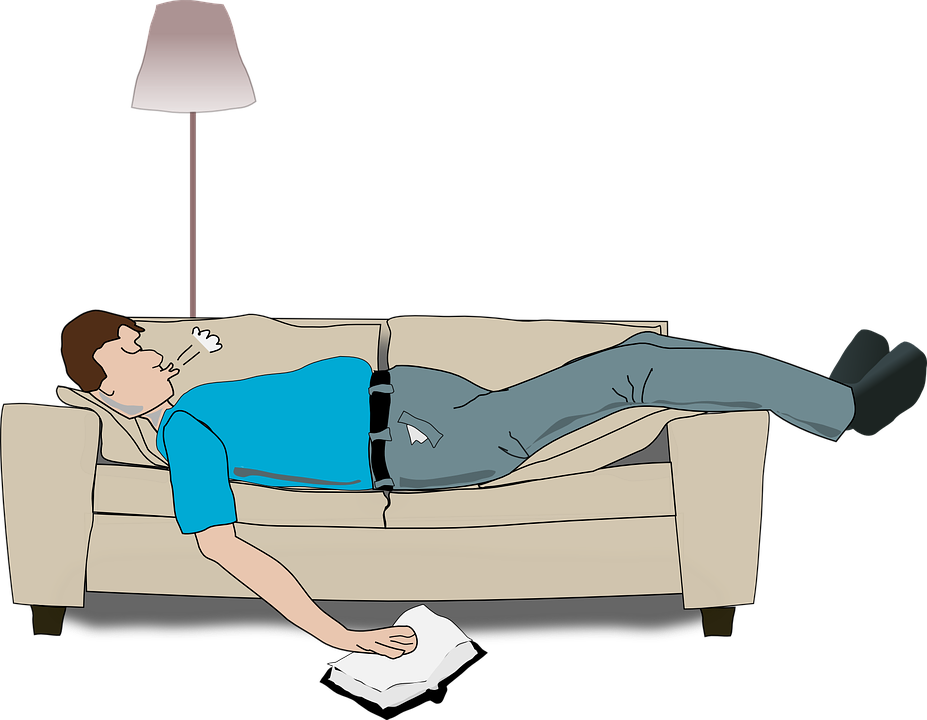
01 Aug Exercises to help you stop snoring
Snoring is known to cause sleep deprivation to snorers and those around them, often causing irritability as well as daytime drowsiness, lack of focus and even decreased libido. Although snoring is often considered a minor affliction, not only snorers but also their partners can sometimes suffer severe impairment of lifestyle.
Snoring is one of the most common symptoms associated with OSA and is caused by vibration of the soft tissues obstructing the pharynx during sleep. However, most people who snore do not have OSA. The prevalence of snoring in the general population varies widely (from 15 to 54 percent) mainly because most studies rely on self-reporting by patients. Although there is no real ‘standard’ treatment available for primary snoring, current treatments vary widely and include avoiding alcohol and sedatives, sleeping on one’s side instead of laying on your back, weight loss, palate and upper airway surgeries, treatment of nasal problems, and use of dental sleep devices.
Some of these surgical treatments are invasive and alongside dental sleep devices can be costly. While adjusting your sleep position and weight loss are more affordable options, they are not always applicable treatment options for everybody. But, there is hope for all snorers and potential reprieve for their sleepless bed partners in the form of some simple e in the form of some simple exercises. A recent study has found that in patients with primary snoring or mild OSA, mouth and tongue exercises significantly reduced the frequency of snoring by 36 percent and total power of snoring by 59 percent.
This study demonstrates a promising, non-invasive treatment for large populations suffering from snoring, and their bed partners.
If you are a snorer, try these exercises:
- Pushing the tip of the tongue against the roof of the mouth and sliding the tongue backward
- Sucking the tongue upward against the roof of the mouth, and pressing the entire tongue against the roof of the mouth
- Forcing the back of the tongue against the floor of the mouth while keeping the tip of the tongue in contact with the bottom, front teeth
- And elevating the back of the roof of the mouth and uvula while saying the vowel “A”
- Put a finger in your mouth on each side and press outward
- Alternate chewing on either side when you eat
You should see your health care provider if you are often feeling tired during the day, wake-up feeling unrefreshed, or wake up during the night gasping for breath.
Want more information on snoring?
Visit the Sleep Health Foundation website: http://www.sleephealthfoundation.org.au/pdfs/Snoring.pdf
Reference:
American College of Chest Physicians. “Snoring keeping you up at night?” ScienceDaily. ScienceDaily, 7 May 2015. <www.sciencedaily.com/releases/2015/05/150507122956.htm>.
Vanessa Ieto, Fabiane Kayamori, Maria I. Montes, Raquel P. Hirata, Marcelo G. Gregório, Adriano M. Alencar, Luciano F. Drager, Pedro R. Genta, Geraldo Lorenzi-Filho. Effects of oropharyngeal exercises on snoring. CHEST Journal, 2015; DOI: 10.1378/chest.14-2953

